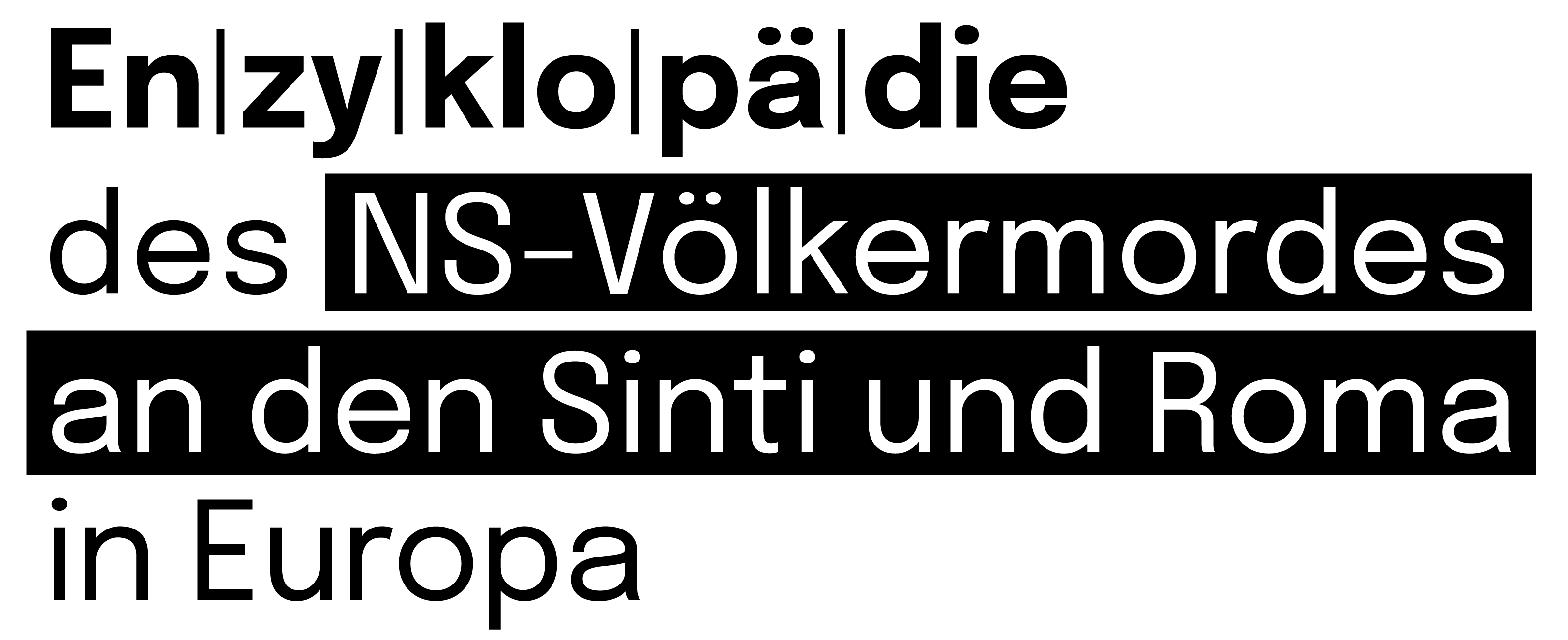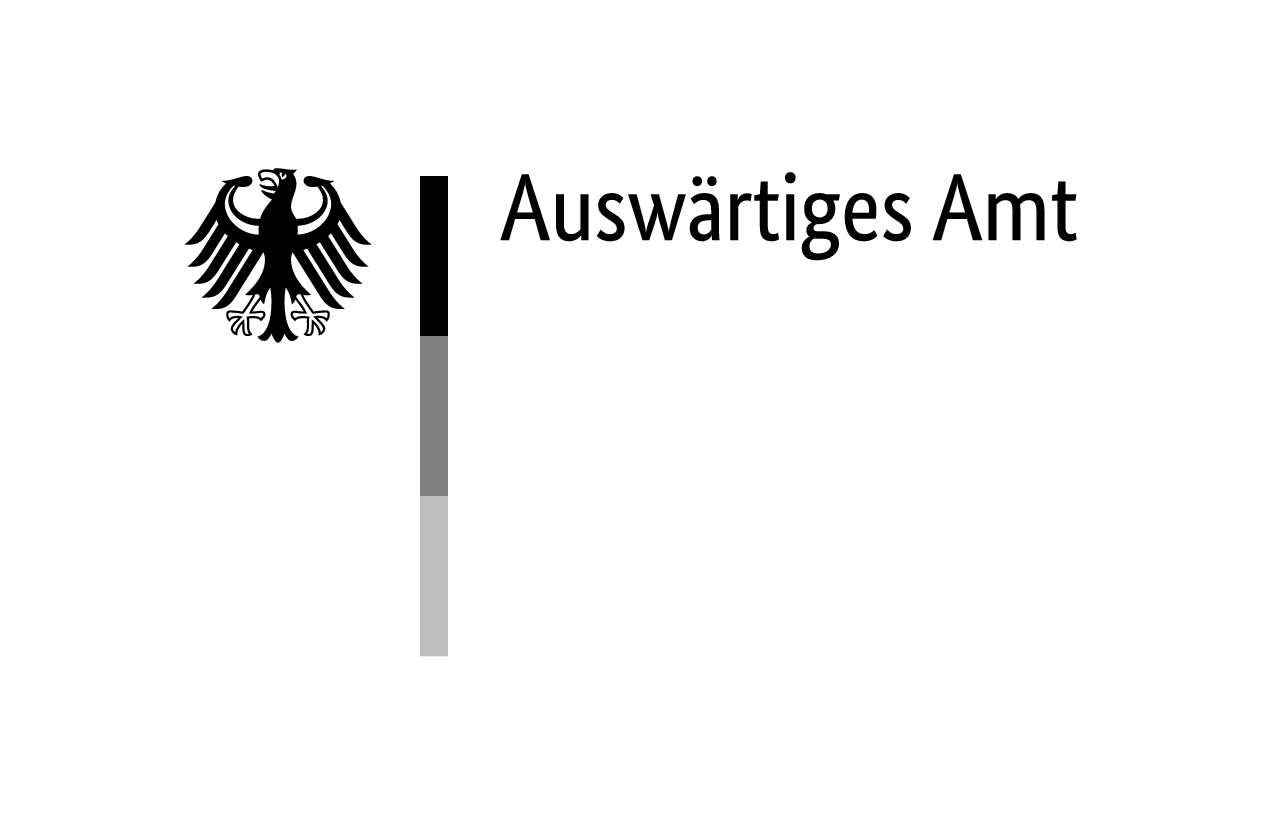Bernhard Wilhelm Neureiter was one of the National Socialist politicians who played a key role in the persecution of the Austrian Roma and Sinti. He was born on 8 May 1900 in Gnigl, in the province of Salzburg, Austria. He spent his youth in Salzburg and the Sudetenland, which he left after its annexation to Czechoslovakia in 1919. The trained teacher came to Burgenland in 1922, where he soon became headmaster of Steinbach in the district of Oberpullendorf. At the end of the 1920s, he attracted attention with several publications, radio programmes and lectures on Roma.1Burgenland Provincial Archives (Burgenländisches Landesarchiv, BLA), personnel file, group VIII, 1250/55, no. 4816/46.
Political and Ideological Actor
On 1 February 1933, Neureiter joined the NSDAP; he founded a local group in Steinbach and was elected mayor in 1933. When the NSDAP was banned in Austria in June 1933, he was dismissed as mayor and briefly imprisoned for illegal activities and finally retired from teaching.2Ibid.
Shortly after the Nazis seized power in Austria in March 1938, Bernhard Wilhelm Neureiter once again began to appear at National Socialist meetings and as a publicist. In his inflammatory writings in the spirit of Nazi ideology, he called for the sterilisation of Roma and for all Roma to be sent to camps where they could be put to ‘community service’.3Bernhard Wilhelm Neureiter, “Die Zigeuner. Die Zigeuner im Burgenland,” in: Grenzmark Burgenland, 17 July 1938, p. 7. He also boasted that, on behalf of Gauleiter Tobias Portschy (1905–1996), he had drawn up proposals for the ‘elimination of the Gypsy Menace’.4Dokumentationsarchiv des österreichischen Widerstandes, “Dokumentation,” 34. The documentation is a reprint of “Bericht über das bisherige Ergebnis auf dem Gebiet der Bekämpfung der Zigeunerplage im Gau Niederdonau” [‘Report on the results so far in the fight against the Gypsy Menace in the Gau Niederdonau’] written by Bernhard Wilhelm Neureiter on 28 September 1941.
‘Inventor’ of the Lackenbach Camp
As ‘Commissioner for Gypsy Affairs in the Office of Racial Policy of the Lower Danube Gauleitung’ from the summer of 1939, Neureiter actively campaigned for the establishment of a supra-regional camp, as he believed that the ‘transfer of Gypsies to concentration camps’ would not be realised in the foreseeable future.5Ibid., 35. He contacted all the institutions involved—the gendarmerie, police, district administrators, mayors, welfare offices, labour offices, district leaders and others—and gained their approval for setting up a central camp. With the help of the district administrator of Oberpullendorf, he was able to find a former dairy farm in the municipality of Lackenbach as a location and, after lengthy negotiations with the district administrators and mayors, concluded a contract. The Lackenbach detention camp began operations on 23 November 1940.6Ibid.
Neureiter subsequently campaigned for the expansion and construction of the camp and organised the transfer of the Roma and Sinti there. He also pushed for commissions to be issued to regional and national companies and for forced labourers to be recruited for the construction of the Autobahn in Lower Austria.7Ibid., 36–38. Neureiter only saw the camp as a temporary solution and emphasised that a comprehensive ‘transfer’ from the Gau should be completed in due course.8Ibid., 38–39. On 4 and 7 November 1941, 2,000 Sinti and Roma were deported from the Lackenbach camp to the Litzmannstadt ghetto.9Baumgartner, “Zigeunerlager Lackenbach,” 10.
Failed Post-War Prosecution
Bernhard Wilhelm Neureiter was arrested in 1946 and the People’s Court of Vienna opened a preliminary investigation against him for high treason and illegality.10BLA, personnel file, Group VIII, 1250/55, no. 4816/46, p. 69. However, the Vienna public prosecutor’s office carried out no investigations into his activities as a Commissioner for Racial Policy and his role in the expulsion, forced resettlement and deportation of Roma and Sinti. Despite persuasive testimony by witnesses who accused him of political crimes, he was never convicted. After three years of preliminary investigations, some of which were only carried out half-heartedly, the preliminary proceedings against Neureiter were closed on 16 August 1949. The public prosecutor and the People’s Court were unable to come up with a clear account of the facts.
Neureiter successfully claimed credit for his period of service from 1938 to 1945 and the period from 1945 to 1947, so that he retired with full pension benefits. Bernhard Wilhelm Neureiter died on 28 November 1966 in Salzburg.11Ibid., p. 118.




